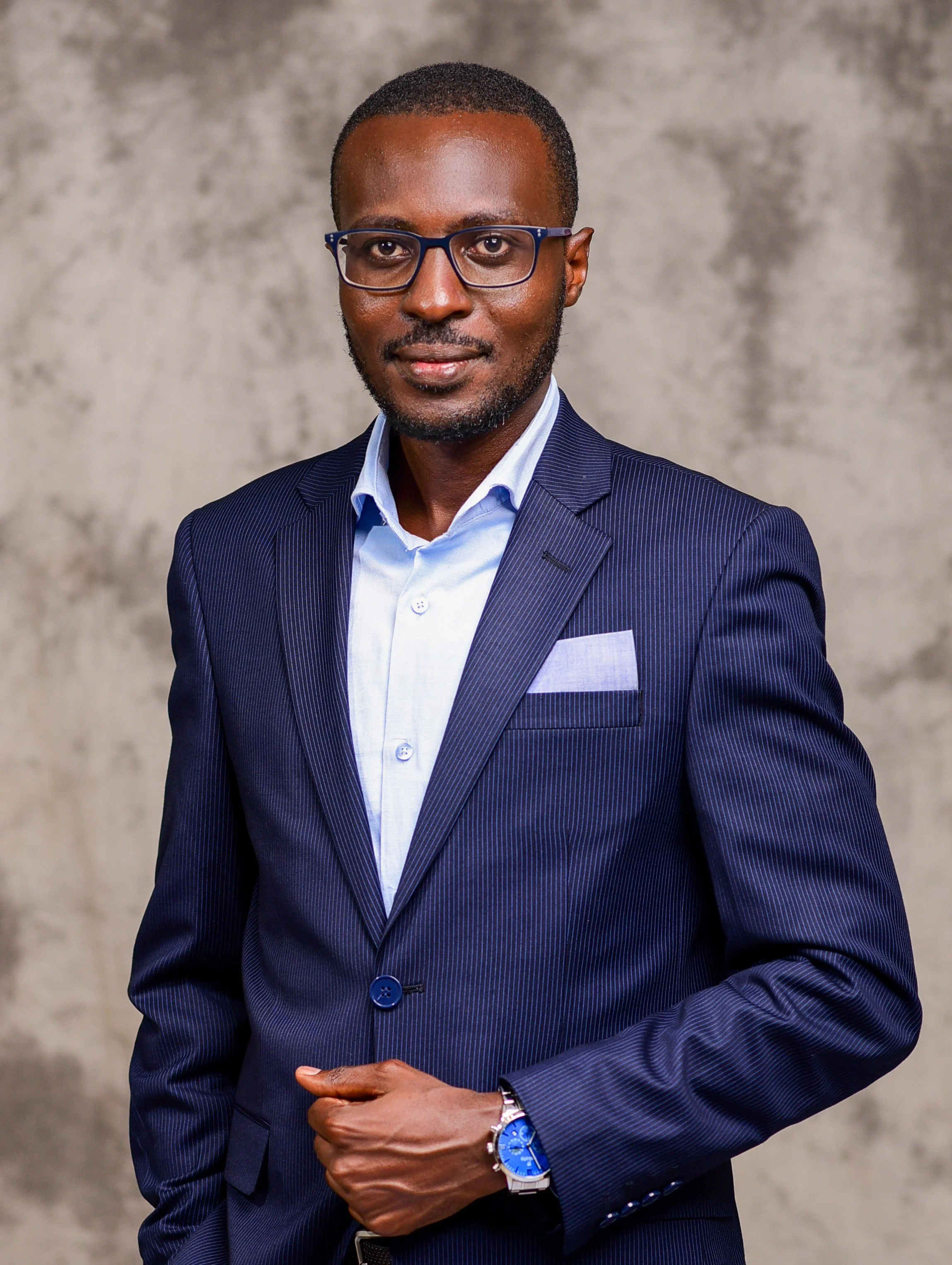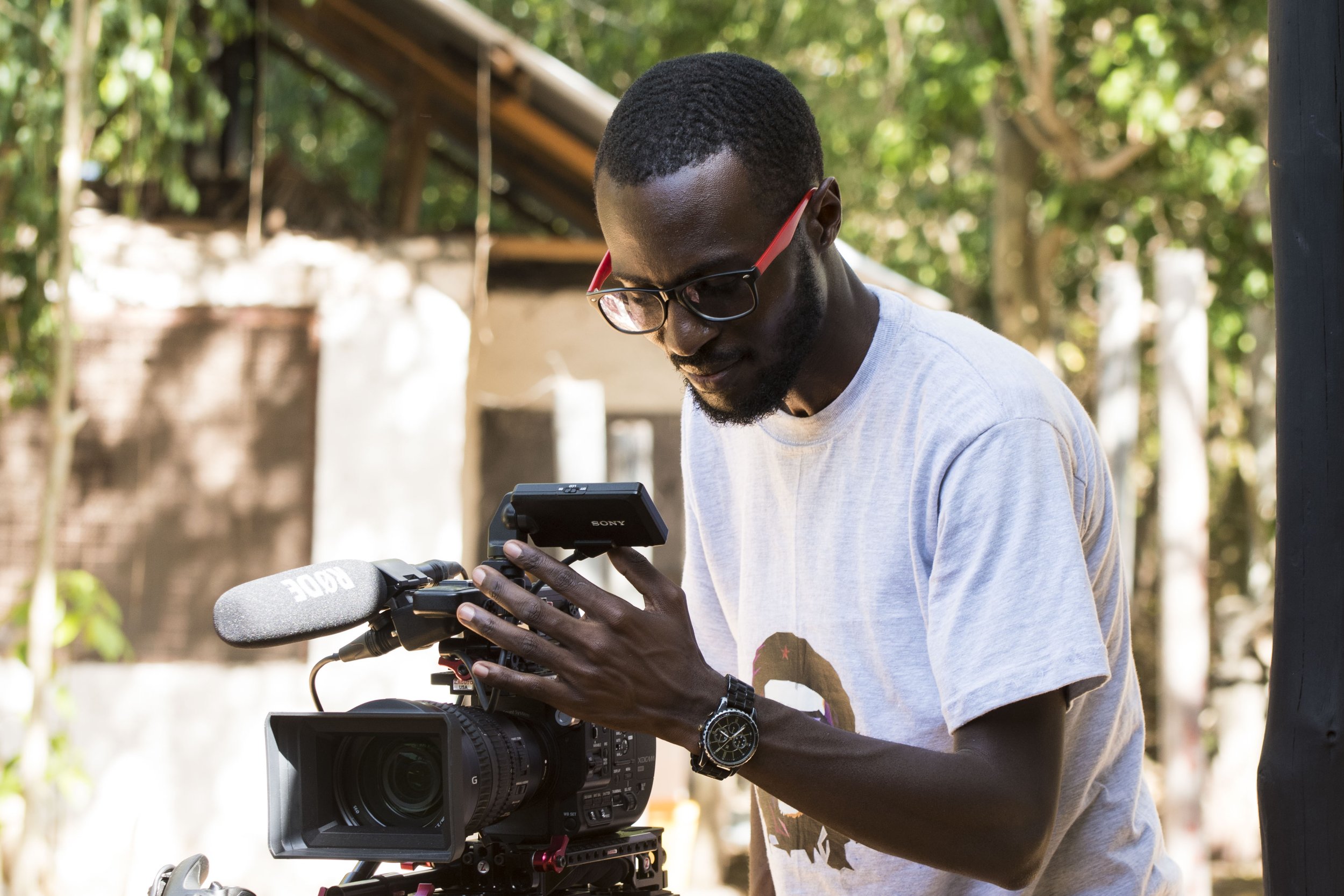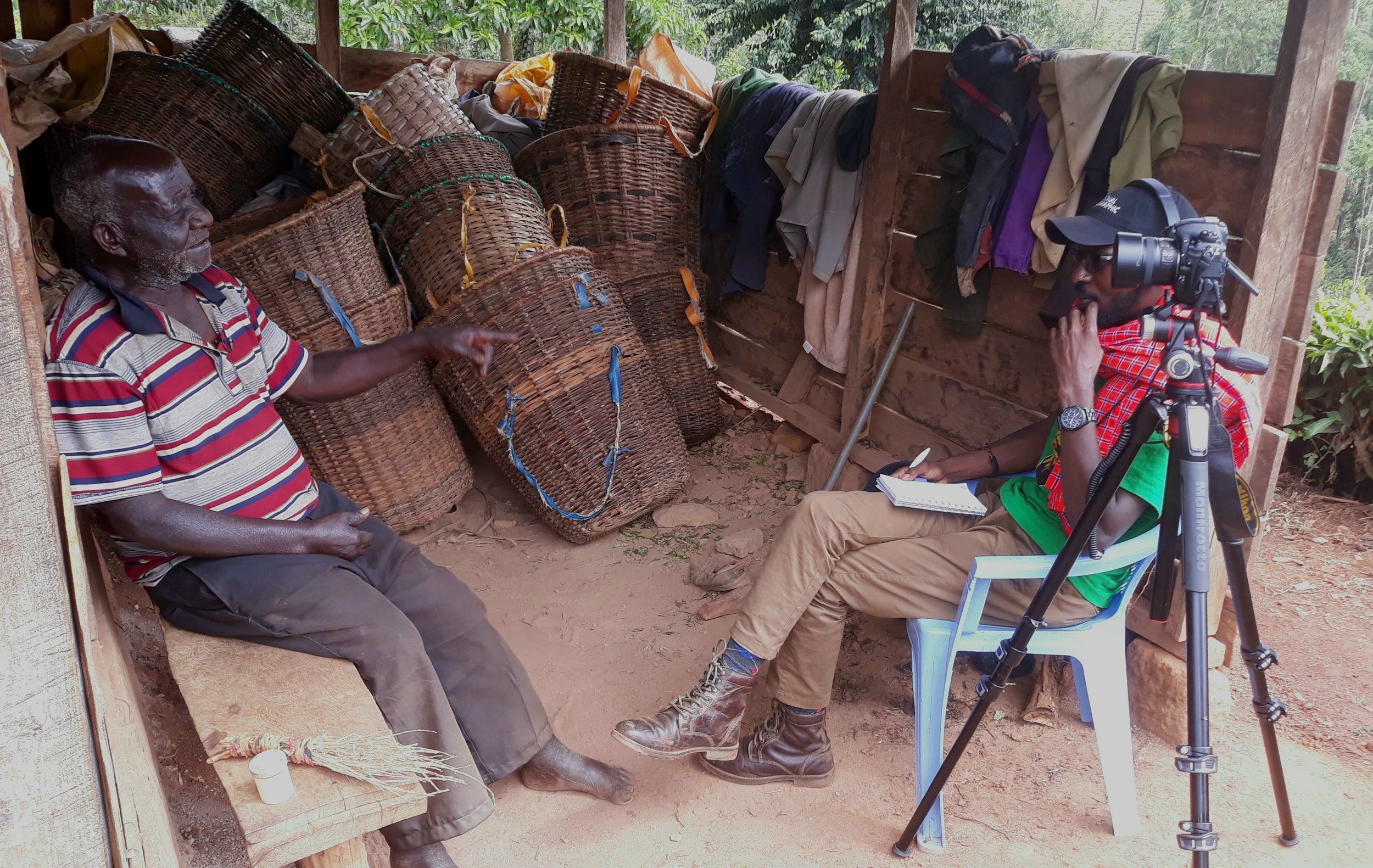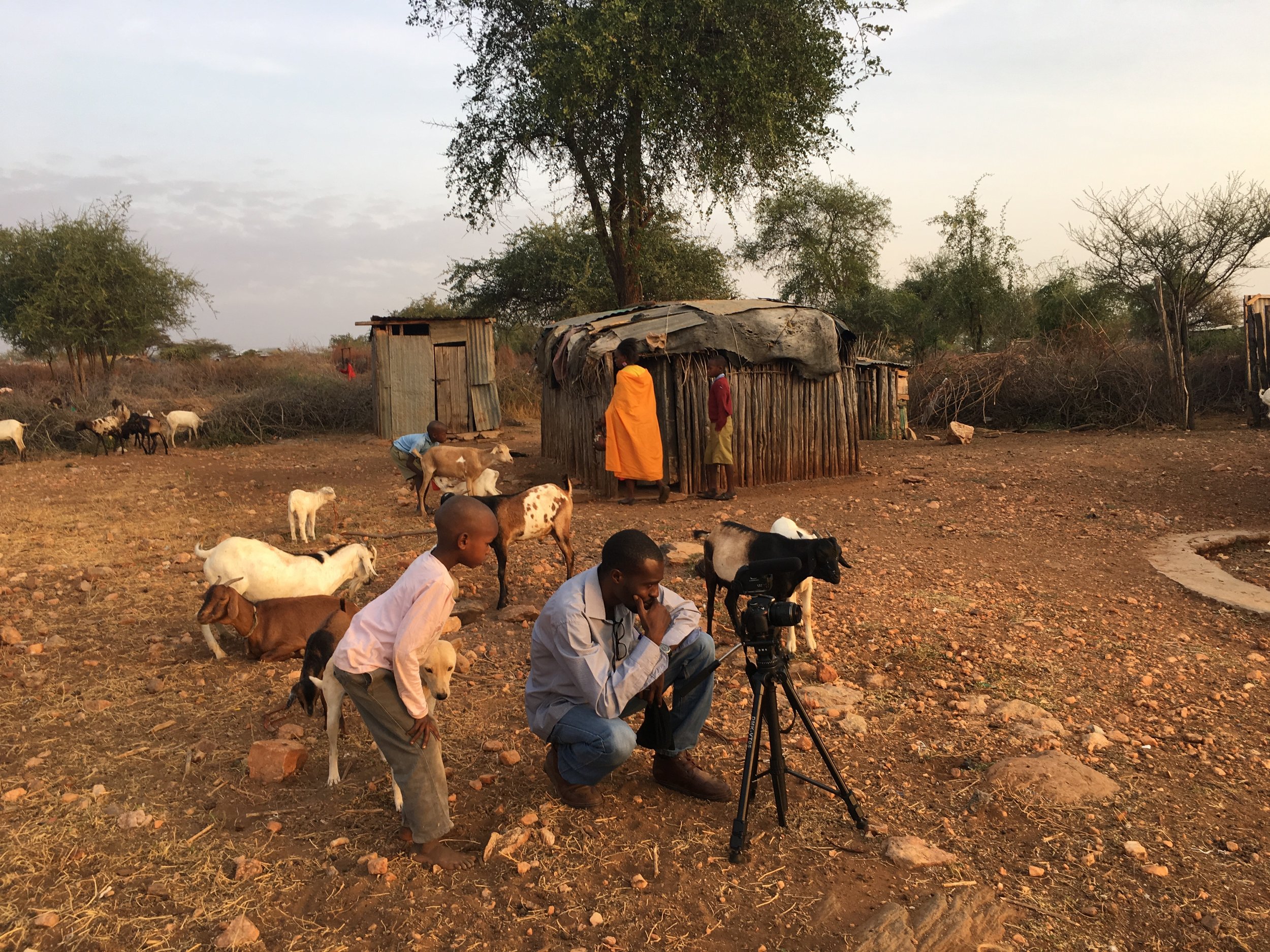AFPC-USA Names Maurice Oniang’o a 2023 Scholarship Awardee

Maurice Oniang’o is an investigative multimedia journalist from Nairobi, Kenya, where he covers social justice, human rights, corruption, natural history, and conservation. His work has been featured in renowned publications such as National Geographic, The Guardian, The Continent, NowThis, AJ+, Rest of World, and 100Reporters, among others.
He has also contributed to acclaimed documentary programs such as National Geographic’s Ultimate Vipers, Giving Nature a Voice, Africa Uncensored, NTV Wild, and Tazama.
Maurice Oniang’o
His dedication and talent have earned him numerous awards, including the 2021 Development Reporting Award TV from the Media Council of Kenya (MCK), the 2015 Environmental Reporter of the Year TV (MCK), and the 2014 Thomson Foundation Young Journalist of the Year (Foreign Press Association, London), among others.
He is a National Geographic Explorer and a 2022 Journalism Fellow at Oxford University’s Reuters Institute for the Study of Journalism. Currently, Maurice is based in New York where he is pursuing a Master of Science in Journalism-Documentary Specialization at Columbia University’s Graduate School of Journalism.
The following interview has been condensed and edited for clarity.
What was the primary reason you chose to pursue your master's studies in the United States as a foreign journalist?
It has always been my lifelong ambition to pursue higher education in the United States since the country's educational system is world-renowned, and the prospects are unparalleled. Having seen some work by Columbia University’s graduates, I had set my sights on the university which has a rich academic history. When I learned about the Graduate School of Journalism's documentary program, it was the defining moment that solidified my determination, as it perfectly aligned with my aspirations for my master's.
You were recently awarded a scholarship from the Association of Foreign Press Correspondents in the United States (AFPC-USA). How did you feel about this recognition?
I am incredibly delighted to have been granted the prestigious scholarship by the Association of Foreign Press Correspondents in the United States (AFPC-USA). It is both an honor and a relief. The scholarship not only recognizes my academic effort but also gives much-needed financial aid, which will substantially ease my educational path at a critical time when my financial situation has been significantly affected by the weakening of my country’s currency against the dollar.
As a journalist, how do you expect your studies and the support from AFPC-USA to help you advance your career?
I am a passionate journalist who is deeply committed to covering critical issues such as social justice, human rights, corruption, climate change, and conservation. I have always wanted to expand my skill set beyond writing features and producing short video stories to producing long-form, in-depth documentaries on the same issues I am passionate about covering. This chance to pursue the MS in Journalism-Documentary Specialisation is not only providing me with new abilities but also expanding my network for future collaborations, and the support from AFPC-USA is enabling me to accomplish that.
Why do you think the work of AFPC-USA is important and what are your thoughts on its impact on the journalism field at large?
The work of AFPC-USA is significant because the scholarship it provides allows foreign journalists to pursue their studies in the United States, where they have access to cutting-edge journalism programs, state-of-the-art facilities, and access to advanced research resources. This, in turn, has a positive impact on the quality and depth of their practice, contributing to a more informed and engaged citizenry when the journalists return to their home countries to continue practicing.
What made you decide to become a journalist? How do you hope to make an impact in the journalism field of your country of origin?
I have always desired to become a journalist since my childhood. Growing up my father always had us listen to BBC World News on radio every day. I was fascinated by the reporters who traversed the world to various places to shed light on the issues that residents confronted. This fascination fuelled my ambition to become a journalist, traveling to various locations and reporting on the people and issues that shaped their lives.
The education I'm now getting will help me when I go back to Kenya to tell stories that create impact and change lives. Furthermore, I want to be a major contributor to the growth of the next generation of journalists by teaching and mentoring them, especially in the field of documentary reporting.
What is the state of press freedom in your country of origin and how do you hope that your work will encourage more people to access independent and credible information?
The state of press freedom in Kenya has been declining in the past few years with journalists facing various threats from physical harassment by state security (police), politicians, and even from the public as well as online harassment for the work that we do. Commercial interests of the major media organisations have also affected the quality of journalism with Kenyans getting fewer and fewer investigative stories from them. I intend to focus on in-depth investigative work when I get back home to enable Kenyans to access independent and credible information.
What do you think is the greatest threat to journalism today?
I think the greatest threat to journalism today is misinformation, disinformation, and the spread of fake news especially on digital platforms which has also greatly impacted the levels of trust in news by the public. Social media platforms and online echo chambers have been known to amplify false information, making it very difficult for reputable news sources to cut through the noise and even fact-checkers cannot keep up because the level and amount of fake news produced is so much.
Alan Herrera is the Editorial Supervisor for the Association of Foreign Press Correspondents (AFPC-USA), where he oversees the organization’s media platform, foreignpress.org. He previously served as AFPC-USA’s General Secretary from 2019 to 2021 and as its Treasurer until early 2022.
Alan is an editor and reporter who has worked on interviews with such individuals as former White House Communications Director Anthony Scaramucci; Maria Fernanda Espinosa, the former President of the United Nations General Assembly; and Mariangela Zappia, the former Permanent Representative to Italy for the U.N. and current Italian Ambassador to the United States.
Alan has spent his career managing teams as well as commissioning, writing, and editing pieces on subjects like sustainable trade, financial markets, climate change, artificial intelligence, threats to the global information environment, and domestic and international politics. Alan began his career writing film criticism for fun and later worked as the Editor on the content team for Star Trek actor and activist George Takei, where he oversaw the writing team and championed progressive policy initatives, with a particular focus on LGBTQ+ rights advocacy.



